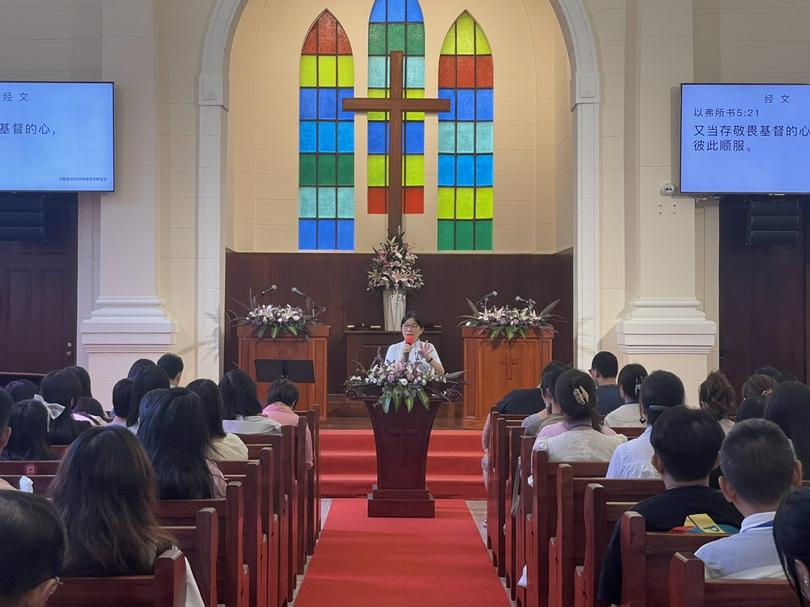From the perspective of the ecological chain and evolution, it's precisely because of the existence of carnivorous animals like wolves, tigers, and leopards that the quality of the survival of antelopes has increased. Therefore, crises for a biological group or human society are not an absolute bad thing.
Recently, the Christian Times, an online Christian newspaper in China, interviewed a pastor from East China who shared an interesting perspective. He believed that, lacking healthy competition, many pastors became addicted to the praise of believers, unable to keep up with the times to provide quality pastoral care.
This pastor stated, "In recent years, I often hear complaints from Christians, such as disappointment in their own pastors' exegesis, preaching ability, church management skills, and visiting skills. But I think this is a good thing. Before 2010, few Christians would question or express dissatisfaction with pastors. As long as a pastor gave a sermon, it was enough. When students don't demand much from their teachers, the teachers can get by."
"But after 2010, with the widespread use of the Internet, Christians had access to a vast array of preaching resources and could attend many revival meetings. Ultimately, this leads to disappointment with their churches when they return. Ten years ago, many Christians wouldn't speak up due to face-saving. But in the three years of the pandemic, with the impact of online gatherings, some Christians either continue enduring pastors who don't grow or simply leave the church," he added.
In response, he commented that the complaints and dissatisfaction of believers should turn into positive feedback through face-to-face communication with pastors, which enables pastors to break through bottlenecks and continue to grow. From a larger perspective, Chinese pastors have fewer opportunities for systematic training, and churches and believers under their leadership have fewer points of comparison and reference. Therefore, pastors lose their sense of crisis by not reading books or getting close to God, yet they can still piece together sermons.
Comparing churches in China and South Korea, he said, "Actually, the Chinese church is very different from the Korean church, with pressures on pastors in both countries disparate. Chinese pastors are scarce, resulting in a lack of competitiveness. From 2000 to 2010, the demands of Chinese churchgoers on pastors weren't high. They went to whichever church was closest to their homes. But that's not the case in Korea. Churches are everywhere in Korea, yet Korean Christians are willing to drive an hour to a distant church, for they seek more in terms of the quality of faith and worship."
"The Church in China might have covered in 50 years what foreign churches did in 200 years. We've progressed too quickly, resulting in insufficient internal growth for the church and pastors. Compared to foreign church history and current development, after they've achieved scale, they deeply train talents in varied ministry areas. Their churches have professionals who can serve in different fields. Thus, their pastoral care isn't limited to work on the altar but extends to specialized counseling for marriages, parenting, workplaces, and mental health for believers. At present, Chinese churches primarily focus on the singular ministry of interpreting scripture and preaching. If a doctor practices as a general practitioner, they might treat any illness, but they might also fail to cure any. Currently, the Chinese church lacks specialized talents in a specific field because they emphasize the number of believers but don't provide enough resources and professional training for pastoral staff."
"One of the distinguishing features of theological education in our current seminaries is training in interpreting and preaching the scriptures, but the interpretation in preaching is not dominative. In today's pastoral work, what's more crucial for churches is how to bring faith to life. Often, pastors, after enthusiastically delivering a sermon, find that the congregation either didn't understand or couldn't relate it to their own lives, which leaves the pastors disheartened. Interpreting the Bible is part of pastoral care, not its entirety. In comparison to explaining scriptures, the challenges of practicing faith in life puzzle believers, which requires pastors and church staff to engage through visiting, fellowship, companionship, and specialized service. Only then will such a church be attractive and competitive," he concluded.
- Translated by Abigail Wu












